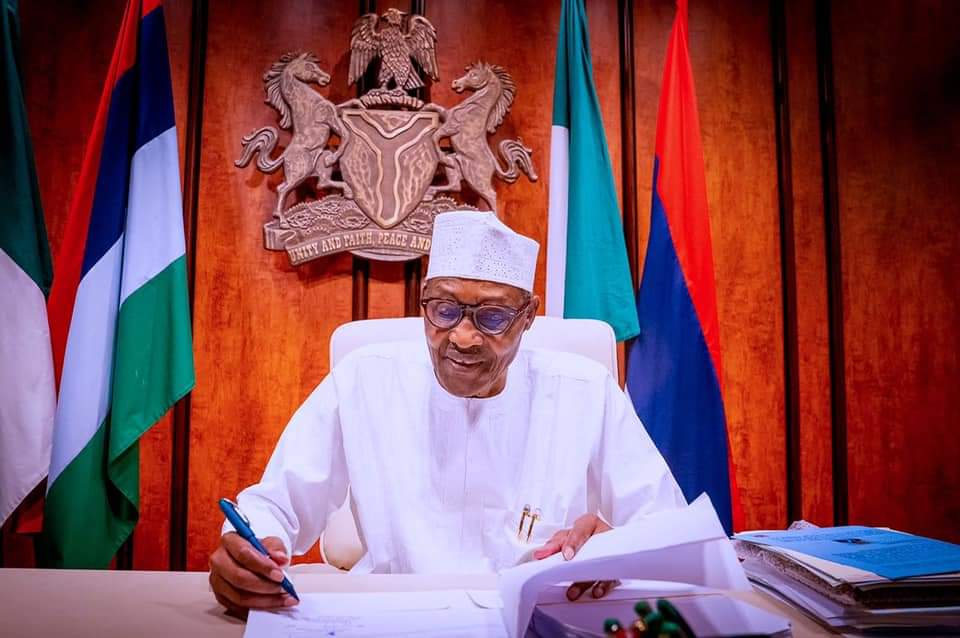It took almost two decades, two historic crashes in commodity prices and two recessions for Nigeria to finally adopt its new Petroleum Industry Bill. Following its passing at both chambers of Parliament in July, the bill was officially signed into law by President Buhari today.
The bill is expected to provide much-needed regulatory certainty for investors seeking to do business in Africa’s most populous nation. Nigeria has the world’s eight largest proven gas reserves and is Africa’s largest crude oil producer. However, years of under-investment have left production on a declining trend: in June of this year, Nigeria was producing only about 1.4m bopd and has not been producing over the 2m bopd threshold since 2012.
A major factor to judge the efficiency and impact of the PIB will now be its ability to revive deep-water projects that have remained on the shelves for years. IOCs in Nigeria have discovered billions of barrels of oil equivalent offshore which have remained undeveloped because of market conditions and lack of a supportive regulatory framework. The passing of Nigeria’s Deep Offshore and Inland Basin Production Sharing Contract (Amendment) Act in late 2019 had only further jeopardized the economics of most of these discoveries by removing the water depth-based royalty and replacing it with a flat 10% royalty on all deep-water PSC. It had also introduced a price-based royalty adding 0 to 10% depending on the oil price. Will the PIB be able to revive the investment appetite of IOCs for those deep-water projects? Time will tell but time is also of the essence. Only the development of these discoveries has the power to significantly increase Nigeria’s output.
Another crucial aspect to take into consideration is the security situation in the Niger Delta. Insecurity and vandalism there are one of the main reasons for investors shying away from Nigeria and for the exit of IOCs out of their onshore and shallow water licenses in the country. It remains until today a major factor preventing Nigeria’s hydrocarbons sector to realize its investment potential. Because host communities will not be receiving the share they asked for (2.5-3% instead of 10%), an appeasement in the Niger Delta is not certain. For the same reason, the PIB is not expected to slow down the pace of divestments by IOCs in the Niger Delta, although the same move will benefit indigenous players with cash at hand.

